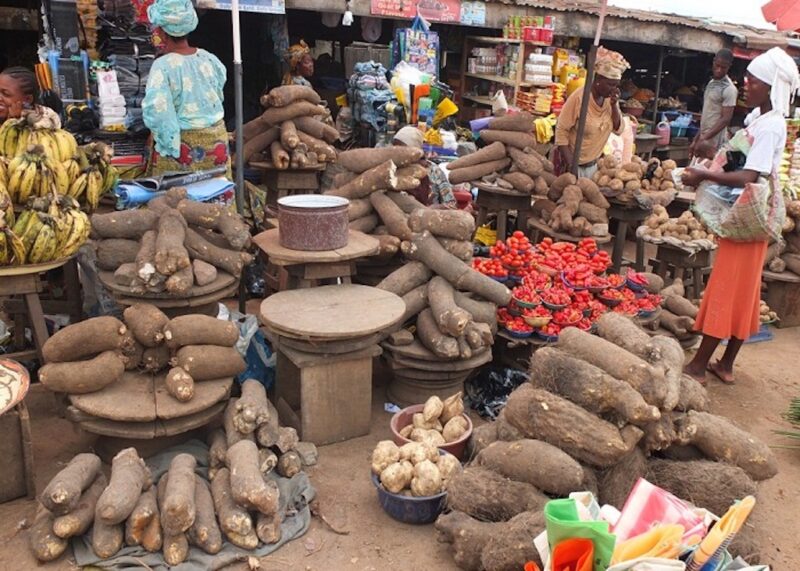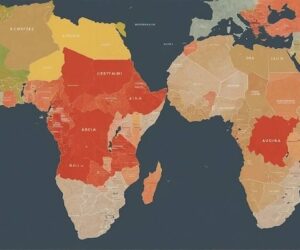The Consumer Price Index (CPI), which reflects the growth rate of prices for goods and services, further eased to 21.88 per cent in July compared to 22.22 per cent in the preceding month, the National Bureau of Statistics (NBS) said on Friday.
Year-on-year, headline inflation stood at 33.40 per cent in July 2024, representing 11.52 per cent drop, though using a different base year, of November 2009.
According to the CPI figures for July which was released by the statistical agency, month-on-month, inflation rate was higher at 1.99 per cent in the period under review compared to 1.68 per cent in June.
In July, food inflation dropped to 22.74 per cent year on year on a year-on-year, compared to 39.53 per cent.
However, the NBS clarified that the significant decline in the annual food inflation figure was technically due to the change in the base year.
Month-on-month, the food inflation stood at 3.12 per cent, compared to 3.25 per cent in June.
The NBS attributed decrease in the food index to the rate of decrease in the average prices of vegetable oil, bean, local rice, maize flour, guinea corn, wheat flour, millet whole grain among others.
Core inflation, which excludes the prices of volatile agricultural products and energy, stood at 21.33 per cent, year on year in July, a decline of 6.13 per cent compared to the 27.47 per cent in July 2024.
Month-on-month, the core index stood at 0.97 per cent compared to 2.46 per cent.
Year-on-year, urban inflation rate stood at 22.01 per cent in July compared to 35.77 per cent in July 2024. Month-on-month, the index stood at 1.86 per cent compared to 2.11 per cent in June.
On the other hand, rural inflation was 21.08 per cent, year-on-year, compared to 31.26 per cent in July 2024. Month-on-month, the rural index rose to 2.30 per cent, compared to 0.63 per cent in June.
At state levels, headline inflation, year on year in July was highest in Borno (34.52 per cent), Niger (27.18 per cent), and Benue (25.73 per cent), while Yobe (11.43 per cent), Zamfara (12.75 per cent), and Katsina (15.64 per cent) recorded the lowest increase in prices.
Month-on-month, inflation recorded highest increases in Borno (6.11 per cent), Zamfara (5.72 per cent), Kano (4.31 per cent), while Bauchi (0.26 per cent), Katsina (0.30 per cent), and Anambra (0.37 per cent) recorded the lowest rise.
Food inflation, year-on-year at the sub-national level was highest in Borno (55.56 per cent), Osun (29.10 per cent), Ebonyi (29.06 per cent), while Katsina (6.61 per cent), Adamawa (9.90 per cent), and Zamfara (14.72 per cent) recorded the slowest increase.
Month-on-month, however, food inflation was highest in Borno (10.89 per cent), Kano (10.86 per cent), and Sokoto (7.43 per cent), while Zamfara (-6.00 per cent), Bauchi (-2.18 per cent) and Abia (-1.06 per cent), recorded decline in the index.
James Emejo
Follow us on:








